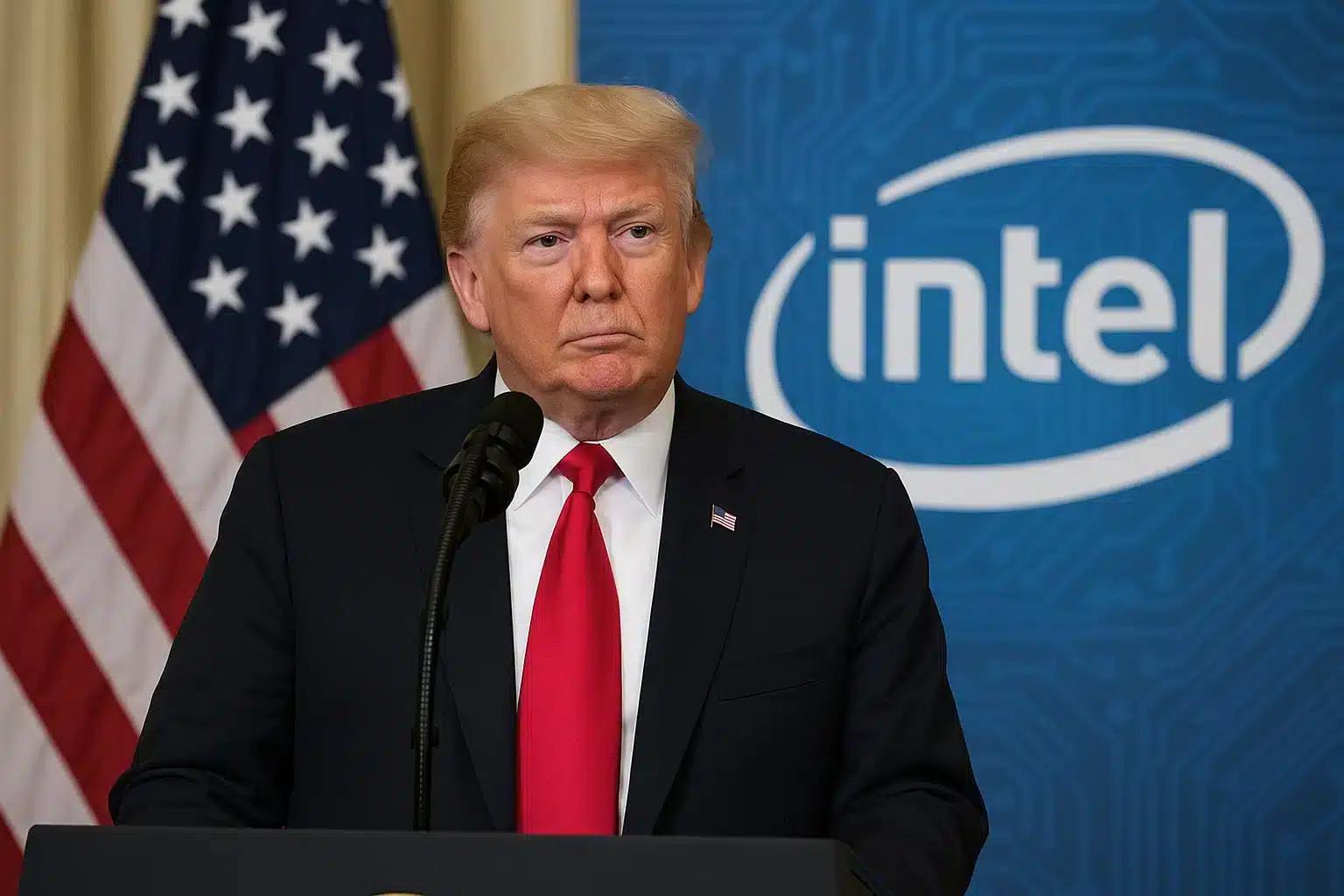President Trump made waves recently when he revealed that the U.S. government had taken about a 10 percent ownership stake in Intel. The deal, valued at roughly 8.9 billion dollars, was funded through money already allocated in the CHIPS and Science Act and related programs. In total, Washington bought more than 433 million Intel shares at just over twenty dollars apiece.
Trump framed the purchase as a smart, no-cost move that puts taxpayers on the winning side. “I paid zero,” he said. “This is the kind of deal I’d do all day long. It brings jobs back to America, keeps our technology here at home, and puts taxpayers first.”
Critics and supporters, however, differ over whether the move is a creep toward socialist-style government ownership of private industry, or a clever way to foster companies and industries crucial to America’s national security interests.
The Case for the Deal: Taxpayers Should Share in the Upside
Supporters argue that this is exactly how industrial policy should work. If government dollars are going to help a company, the public should benefit when the company does well.
“Why should taxpayers give away billions in subsidies and not see a dime in return?” asked Sen. Josh Hawley. “Owning a piece of Intel means ordinary Americans finally get something back.”
Entrepreneur Mark Cuban offered similar praise, calling the deal “a brilliant way to make sure taxpayers aren’t left holding the bag.” He argued that the public deserves to share in the gains just like private investors do.
The national security argument is also front and center. Chips are vital for both civilian and military technology, and the U.S. has long been dependent on overseas suppliers. “We can’t afford to let China dominate this industry,” one Trump adviser said. “This investment makes sure production stays in America and that our supply chain is secure.”
The stock market has, at least initially, agreed. Intel’s shares rose sharply after the announcement, giving taxpayers an immediate paper gain on the investment. To backers, that is proof that the strategy is already paying off.
The Case Against the Deal: Gov’t Shouldn’t Own Private Companies
Critics, however, see the move as a dangerous step away from free-market principles.
“Government should not be in the business of owning private corporations. Period,” said Sen. Rand Paul. “That’s not capitalism, that’s creeping socialism.”
Conservative commentator Erick Erickson called the deal “an affront to free enterprise,” warning that it set a precedent for Washington to interfere in boardrooms. Businessman Kevin O’Leary, best known from Shark Tank, went even further, labeling it “abhorrent” and insisting that government ownership would distort the market.
Intel itself raised concerns in an official filing, saying that the stake “may adversely affect our reputation, international relationships, and business operations.” The company worried that partners overseas might view it as a political arm of Washington rather than an independent global manufacturer.
Economists skeptical of industrial policy have echoed those warnings. “Intel’s problems are not going to be solved by government equity,” one critic wrote in The Washington Post. “If anything, the move risks politicizing decision-making and distracting from the tough reforms the company needs.”
The Bigger Picture
The Intel stake has touched off a rare debate that splits both parties. Some conservatives back Trump’s argument that it is a patriotic and financially savvy move that gives taxpayers a fair return. Others in the same party insist it violates free-market principles. On the left, some progressives welcomed the idea of public ownership, while others fear it could end up being a costly mistake.
For Trump, the calculation is simple. “We’ve been giving money away for years and getting nothing back,” he said. “Now the American people own something real. We own a piece of the future.”
Whether history views the Intel deal as a smart bet or a cautionary tale, it has already forced Washington to confront a larger question: should the government remain a silent partner in strategic industries, or should the market be left entirely alone?
The free market should win these arguments, and it will take time to see how Trump’s plan with Intel plays out in the future.
